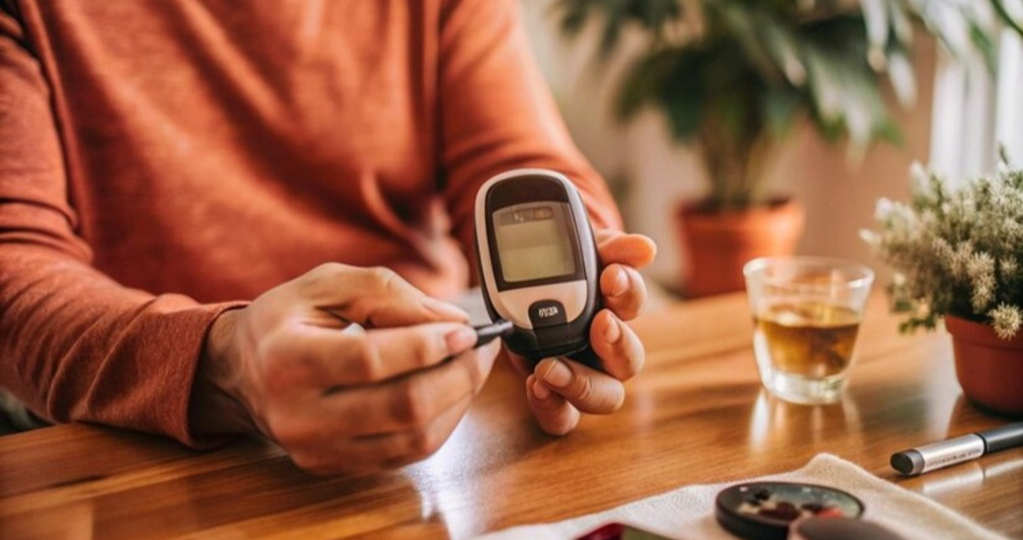Diabetes is a long-term condition that affects how your body regulates blood sugar. Proper diabetes management is vital for maintaining overall health and preventing complications. Here’s a guide to the core elements of diabetes management through India’s leading dietician in Gurugram.

Types of Diabetes
Type 1 Diabetes: An autoimmune disorder that results in minimal or no insulin production. Management typically involves insulin therapy.
Type 2 Diabetes: Characterized by insulin resistance or insufficient insulin production. Lifestyle modifications and medications are common approaches.
Gestational Diabetes: This temporary condition arises during pregnancy and usually resolves postpartum but requires monitoring during pregnancy.
Blood Sugar Monitoring
Self-Monitoring: Regular blood sugar checks using a glucometer help you stay within target ranges set by your healthcare provider.
Continuous Glucose Monitors (CGMs): These devices track glucose levels continuously, providing real-time data and alerts for high or low readings.

Medication Strategies
Insulin: Essential for those with Type 1 diabetes and often necessary for Type 2. It comes in various forms, including short-acting and long-acting types.
Oral Medications: Common for Type 2 diabetes, options include metformin and other classes that help improve insulin sensitivity and reduce glucose production.
Injectable Medications: GLP-1 receptor agonists can assist in controlling blood sugar levels and managing weight.
Nutrition and Diet
Balanced Meals: Focus on whole foods—vegetables, fruits, whole grains, lean proteins, and healthy fats. Portion control is essential.
Carbohydrate Awareness: Understanding carb content in foods helps manage blood sugar levels effectively.
Glycemic Index: Choose foods with a low to moderate glycemic index to avoid rapid spikes in blood sugar.
Exercise and Physical Activity
Regular Exercise: Aim for at least 150 minutes of moderate activity weekly, along with strength training exercises.
Health Benefits: Physical activity can help lower blood sugar and improve insulin sensitivity, as well as support weight management.
Weight Management
Healthy Weight Goals: Achieving a healthy weight can enhance blood sugar control, especially for those with Type 2 diabetes.
Supportive Programs: Engaging in weight management programs can provide valuable resources and accountability.
Managing Stress
Mindfulness Practices: Techniques like meditation and deep breathing can help manage stress, which can impact blood sugar levels.
Sleep Quality: Prioritize good sleep hygiene, as inadequate sleep can disrupt glucose metabolism.

Routine Healthcare Visits
Healthcare Team Collaboration: Regular check-ups with your doctor, dietitian, and diabetes educator are vital for tracking your condition.
Health Screenings: Regular evaluations for blood pressure, cholesterol, and diabetes complications are crucial.
Education and Community Support
Diabetes Education: Understanding diabetes empowers you to make informed decisions about your care.
Support Groups: Connecting with peers who have diabetes can provide emotional support and shared insights.
Conclusion
Managing diabetes effectively involves a comprehensive approach that integrates monitoring, medication, nutrition, exercise, and community support. Since each person’s needs differ, collaborating closely with healthcare professionals to create a tailored management plan is essential. With the right tools and strategies, individuals with diabetes can lead vibrant and healthy live
